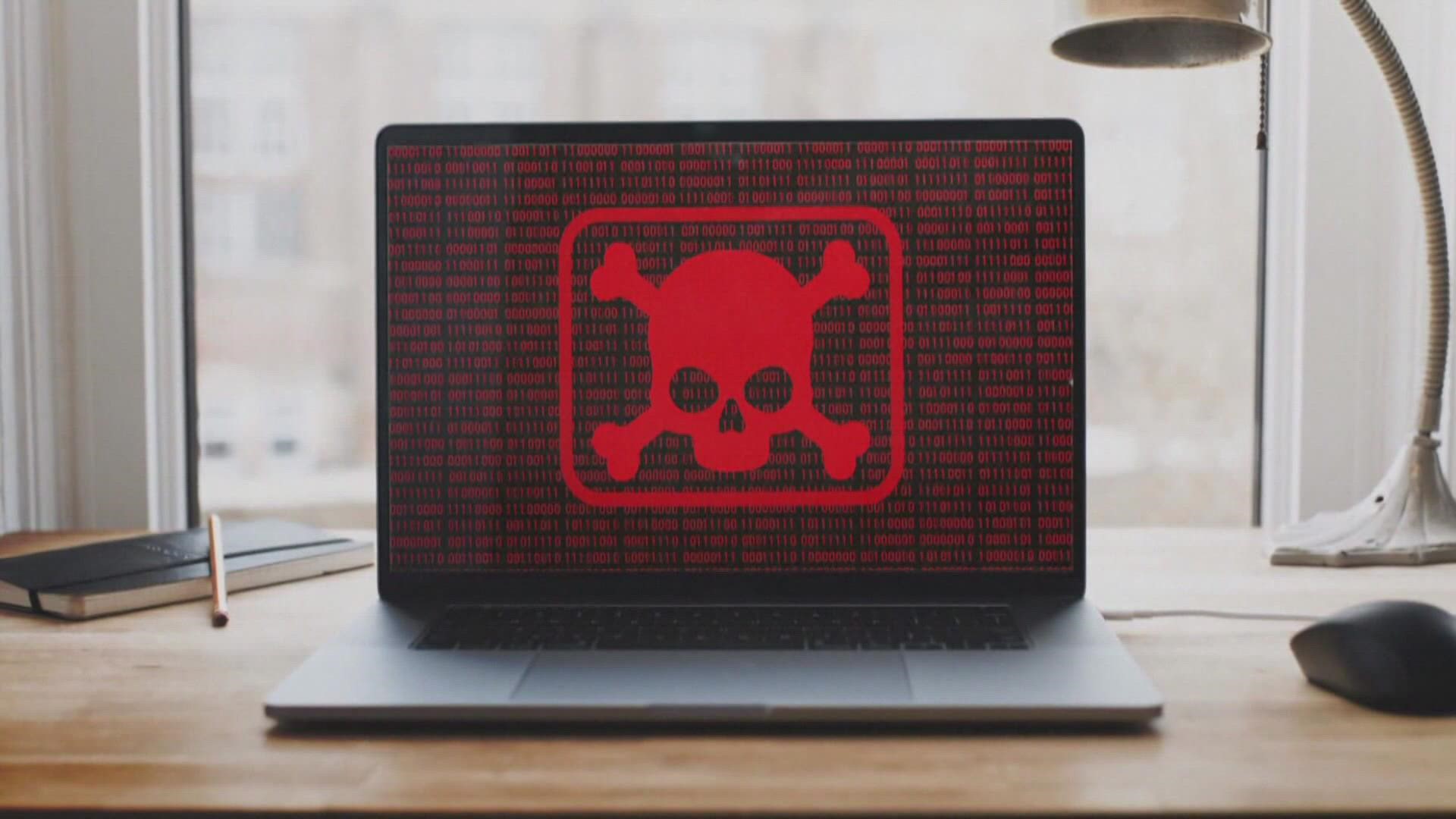WASHINGTON — Broadband as we know it could be redefined as part of a plan from the chair of the Federal Communications Commission.
The FCC sent out notice Friday that chair Jessica Rosenworcel has opened a "notice of inquiry" — essentially a formal declaration that the organization is eyeing rule changes — about broadband internet.
As part of the notice, Rosenworcel proposed an increase in the national standard for broadband speeds.
Currently, broadband internet in the U.S. — what most service providers call "high-speed internet" — is defined as internet with a download speed of 25 mb/s and an upload speed of 3 mb/s. That's been the standard since 2015.
Under the FCC's guidelines, internet service providers must provide that level of quickness to advertise their internet service as high-speed.
But the FCC may be indicating it's not enough.
"The needs of internet users long ago surpassed the FCC’s 25/3 speed metric, especially during a global health pandemic that moved so much of life online," Rosenworcel said in a statement.
The past several decades have seen advances in video streaming, gaming and other internet-based technologies that require fast internet to work.
The COVID-19 pandemic and the surge of work-from-home employees has only exacerbated this issue. Video conferencing takes up internet bandwidth and low-data households may be held back from doing other things while one person is working.
Netflix, for example, requires 5 mb/s for each device streaming video in HD quality. If more devices are taxing a home's router, picture quality can go down or videos could buffer repeatedly.
Rosenworcel's proposal would set a minimum standard for broadband at download speeds of 100 mb/s and upload speeds of 20 mb/s.
"The 25/3 metric isn’t just behind the times, it’s a harmful one because it masks the extent to which low-income neighborhoods and rural communities are being left behind and left offline," Rosenworcel said. "That’s why we need to raise the standard for minimum broadband speeds now and while also aiming even higher for the future, because we need to set big goals if we want everyone everywhere to have a fair shot at 21st century success."
She also proposed the FCC set even loftier goals for the future, possibly hinting at requirements for internet speeds that go even higher: 1 Gb/s download and 500 Mb/s upload.
Changing the definition of high-speed internet would require a vote by the FCC's sitting members. But it's unclear when a vote might occur because the commission is currently deadlocked 2-2 between Democrats and Republicans. President Joe Biden’s nominee for the fifth spot, Gigi Sohn, has not yet been put up for a vote in the Senate.

